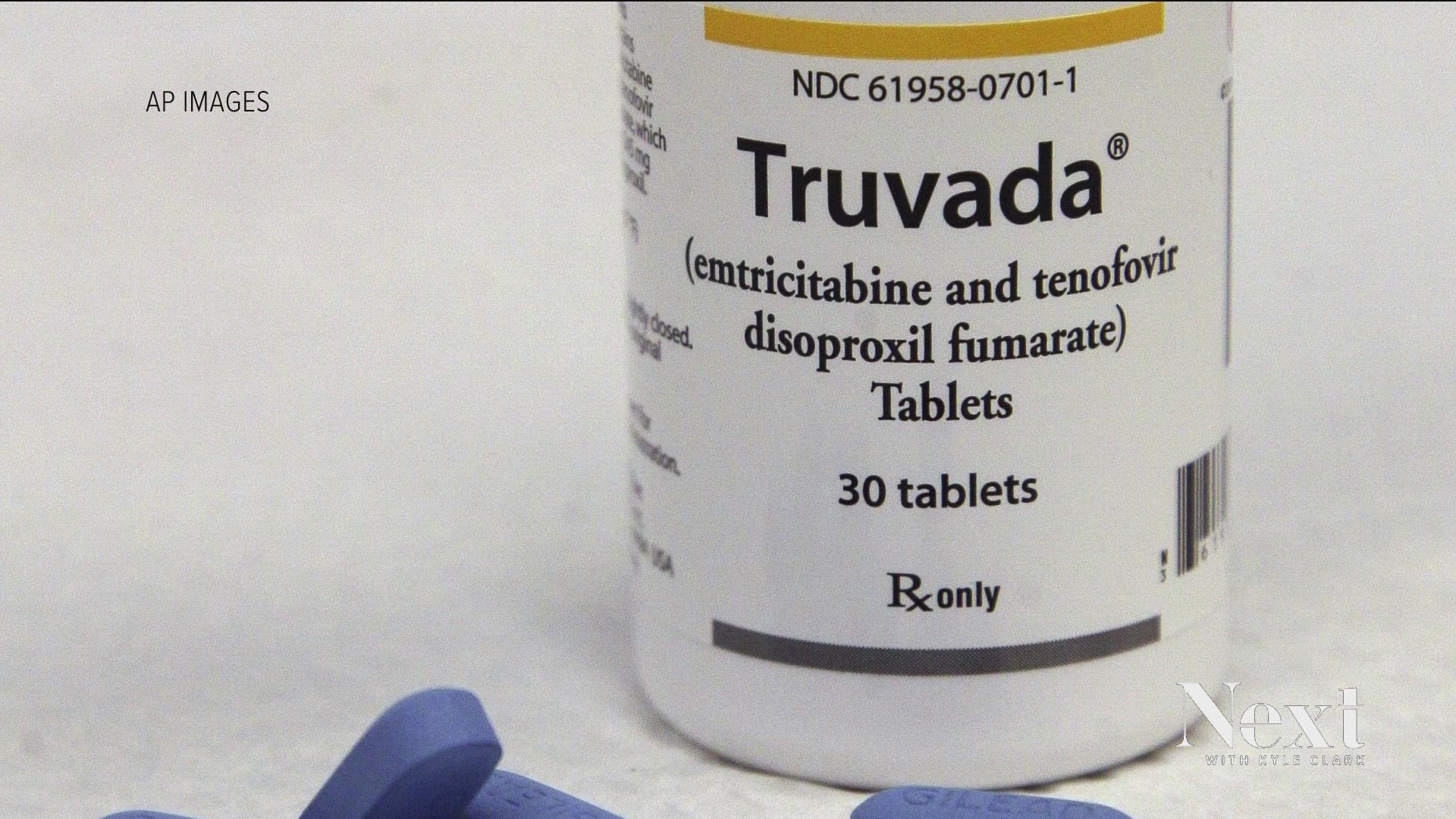DENVER — For the first time in nearly 10 years, the World Health Organization (WHO) will update its guidelines on the usage of post-exposure prophylaxis (PEP), which is a medication that can be taken within 72 hours after an exposure to HIV.
WHO announced last fall that it planned to update recommendations for the drug. The new guidelines will look to change service delivery approaches to improve the uptake and completion of PEP. WHO will also recommend ways to promote the use of the medication in places often seen as inequitable.
“I think it’s life-changing and game-changing, and I think first of all, a lot of people don’t know the existence of this regiment,” said Jose Diaz, a family nurse practitioner and HIV specialist. “It's very powerful. We just need to use (it). I think it's underused.”
Diaz works at the Colorado Health Network, an organization that serves people in the community impacted by HIV and AIDS. PEP is a medication that Diaz said they have been working to spread more awareness about. The medication is a regimen of pills.


“It is important to understand that there is a window of about less than 72 hours after your exposure where people need to seek medical attention for that,” Diaz said. “A series of labs are going to be obtained to establish a baseline, and then two medications will be prescribed for 28 days.”
Diaz said some inequities in availability of the medication can be found in Denver. Because PEP is a special medication, Diaz said not many pharmacies carry it.
“In my experience, it takes about three or four days for these pharmacies to have the medication ready for the patient to pick them up,” he said. “We have a less than 72-hour window to start the medication. That is a barrier, and there’s only a few pharmacies that I know for sure will always have those medications in stock.”
Time is something many of these patients don't have. Diaz said the concern is even greater for rural areas and that the Colorado Health Network is looking to do more telehealth visits to fill that need.


“One of the pharmacies that I like working with, they ship the medications at no cost to the patient anywhere in the state. They can FedEx, they can fast-track it, and the next day they will receive the medication,” he said. “So all we need is the patients to be informed and the population at-large to be informed that this is a thing.”
Diaz said he hopes with new WHO guidelines expected to come out, more people will be educated about the drug.
“With the support of the WHO, this (drug) should be a bigger, an even bigger thing,” he said. “(The recommendations) should make easier access for the patients on this therapy for sure.”
PEP is covered by most health insurances including Medicaid. According to WHO, the group of leaders discussing new recommendations were expected to meet in November. WHO has not announced when the new guidelines will be released.
More 9NEWS stories by Jaleesa Irizarry:
SUGGESTED VIDEOS: Full Episodes of Next with Kyle Clark

